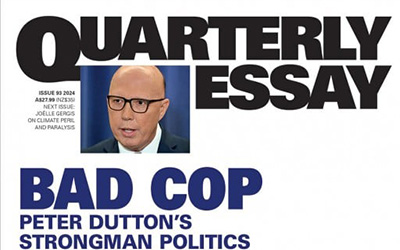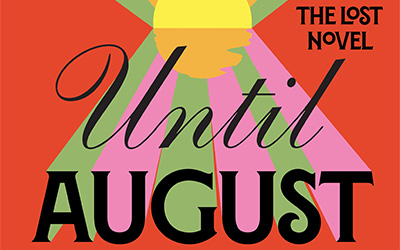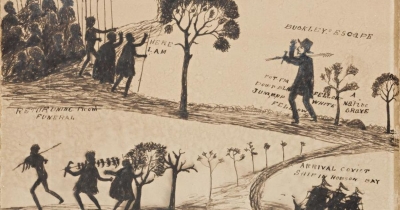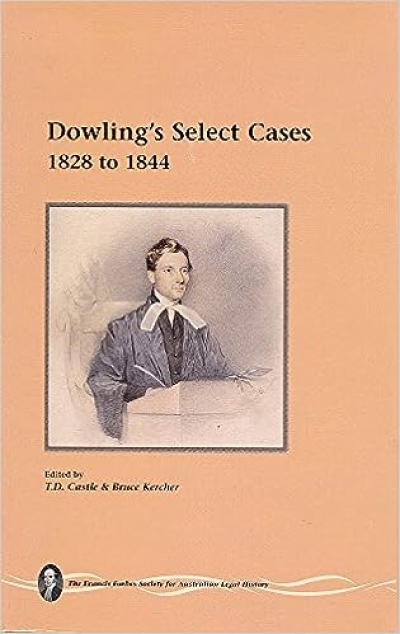In the introduction to Troubled Minds, authors Sidney Bloch and Nick Haslam outline the territory they will cover, indicating that they are experts in psychology, psychiatry, and mental illness, with more than eighty years’ experience between them. They are wary of quick fixes (How to… books) and are also wary of professionals publishing in their own fields (potentially biased expertise). Fittingly, they see mental health and mental illness as complex. They have perceived a reader who is looking for a well-written, easy-to-comprehend book that spans conceptual diversity yet concentrates on ‘understanding’ both the ‘emotional and intellectual’ aspects of mental health and illness; one that emphasises contribution from the humanities as well as from science. They hope the book will assist those who first encounter people seeking mental health help (primary practitioners, counsellors, and others). Indeed, Troubled Minds is wonderfully written, highly readable and a tour de force from authors who have seamlessly brought their voices together.





























